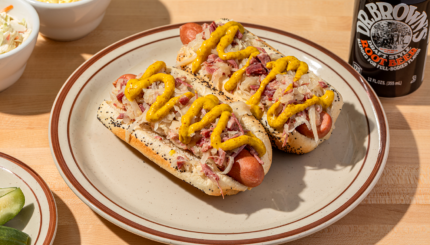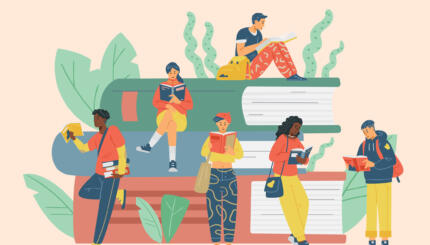At my college graduation last year, my brother gifted me a copy of Joan Didion’s Slouching Towards Bethlehem. He knows how much I love California, my home state, and how I struggle to articulate that love in words. Didion found those words and reflected the love we both share in her essays.
So I was excited to read my next Joan Didion book selection, South and West. After all, I’m from the West and living in the South; what could be more perfect?
Well, to my disappointment… this book was not as perfect as I’d hoped.
While following Didion through her travels in the South, I grew confused, angry, and conflicted. The imaginative writing didn’t match the stereotypically-charged opinions that she gained from only hearing one side of the Southern narrative. She didn’t see the full story that I see: people wrestling with a complex past, yes, but also people from all walks of life dedicated to kindness, honesty, genuine conversation, and interest in doing and being good. My Southern home is rich history in Civil Rights, literacy and music, embossed with a yearning for change.
In my confusion and frustration, I sought another opinion. I asked my brother, who loves Didion and also read the book, what he thought of it. He found solace in her powerful stance, but he also noticed how that stance was one-sided. And we both found truth in her thesis: “The South and particularly the Gulf Coast had been for America what people were still saying California was, and what California seemed to me not to be: the future, the secret source of malevolent and benevolent energy, the psychic center.”
The South holds history that defines both the past and the present. It holds great potential in change built through the power of community. It is the “psychic center” because it is neither good nor bad, but somewhere in between. Photographer Sally Mann writes that the South is a “place extravagant in its beauty, reckless in its fecundity, terrible in its indifference, and dark with memories.”
I cannot seem to escape this feeling of the in-between. I feel in the middle of my love of the South and West. People I’ve encountered here in Mississippi generalize Los Angeles as materialistic and full of wealth. People in Los Angeles generalize the South as a place full of closed-off beliefs and swamps. Both group so many people into one generalized opinion rather than take the time to view the spectrum of people and perspectives.
I’ve had the gift of seeing not all, but some of the different points on the spectrum. I love that in Los Angeles you meet people of all backgrounds wanting to talk about everything from food to theory. I love that in Jackson you meet people who believe in the power of yoga and who want to see change in the public school systems. I’ve also found pride in being Jewish in the South that differs from the ability to disappear into the Jewish majority in the West.
Both the South and West are rich with diversity of opinion and backgrounds, something that was lacking in Didion’s book. She took a stance and spoke up as a writer, which I appreciate, but it was not a stance I agree with – it’s one I feel informed enough to challenge. If I ever have the chance to meet one of my favorite authors, I’d love to talk with her about my different experiences down South – and also to thank her for helping me realize my place in and love for both the South and the West.



